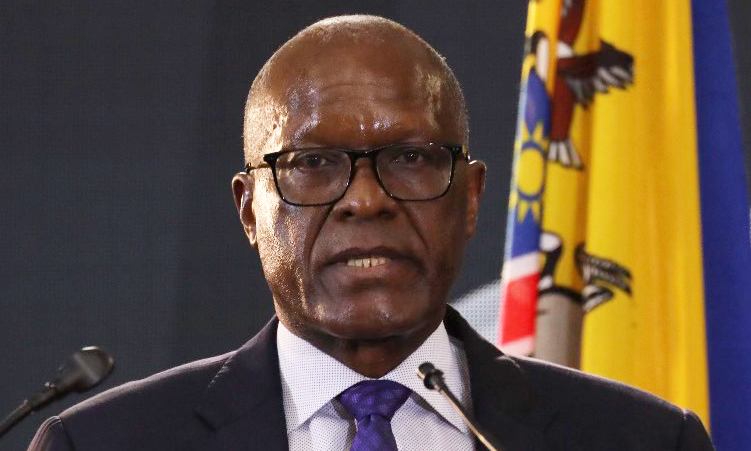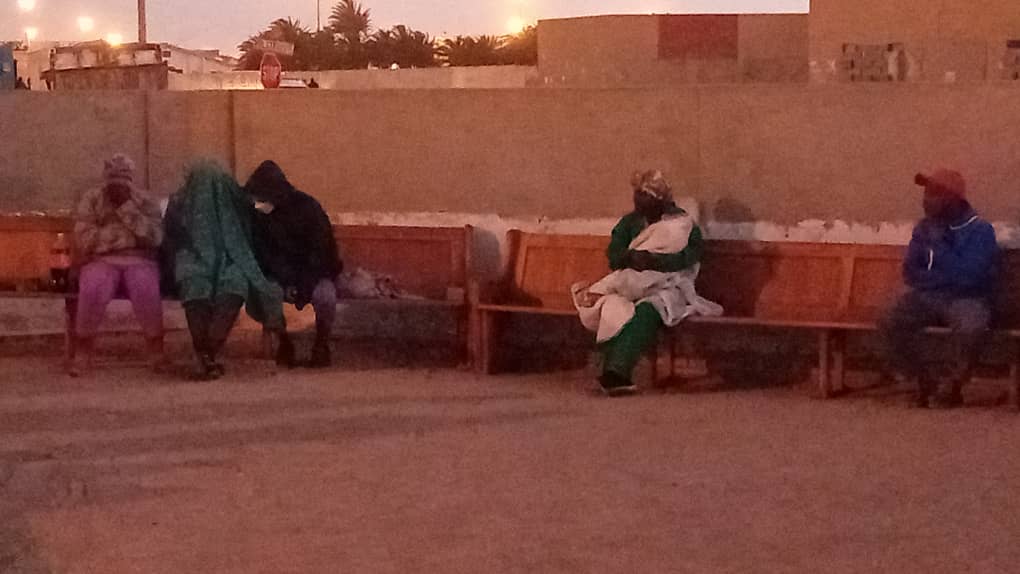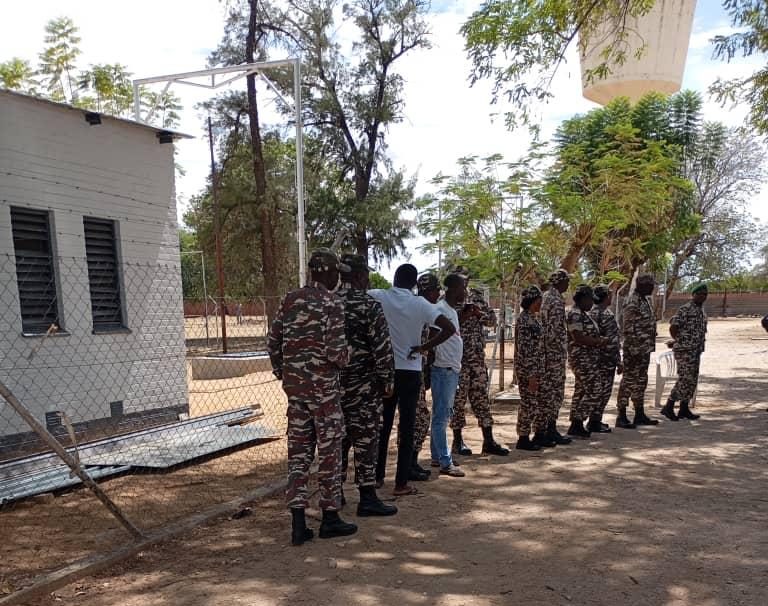Mines and energy minister Tom Alweendo has expressed concern regarding water supply to lithium processing plants, especially those situated in the Dâures constituency.
Alweendo made these remarks during the Cabinet briefing on the ministry’s activities at the Government Information Centre yesterday.
The Cabinet has instituted a ban on the export of unprocessed lithium and other critical minerals in an attempt to encourage local processing.
Alweendo highlighted that some mines currently rely on borehole water supply, which is unsustainable.
“We know that we cannot have a whole mining sector depending on groundwater, that is why the Ministry of Agriculture, Water and Land Reform has accelerated the plans to build a second desalination plant that can serve the mining sector in the Erongo region,” he said.
According to the European non-governmental organisation, Wetlands International Europe, unsustainable lithium extraction can have devastating consequences for water and precious wetland ecosystems.
The organisation estimates that around two million litres of water are required to produce one tonne of lithium.
The results in enormous quantities of water being lost, putting underground water reserves in danger of salinisation by getting in contact with brine.
Dâures is one of the driest constituencies in the country and has been grappling with water issues over the years.
Erongo governor Neville Andre confirmed the region’s water challenges, especially concerning human consumption.
He encouraged mines to seek alternative water sources and ensure that communities are not adversely affected by their operations.
“Entrepreneurs and innovators should view this as an opportunity to venture into water desalination for the mining sector,” Andre said.
Community activist Jimmy //Araseb from Uis echoed Andre’s sentiments.
“Water cannot limit us from processing and refining the resources in our country,” he said.
Last year, the Environmental Investment Fund of Namibia allocated N$1 million to fund three mini desalination plants for livestock farmers, aiming to diversify their livelihoods in the area.
Namibia Water Corporation (NamWater) chief executive Abraham Nehemia highlighted that mining activities commenced without engaging NamWater. However, he said he was ready to engage with operators.
“They started mining before engaging us. We are ready to engage them to see what is possible. As for now, in those areas we don’t have infrastructure, but because they need bulk water, if they engage us, we will definitely look into what is possible to supply the water,” he said.
Earlier this year, agriculture minister Calle Schlettwein emphasised the need to expedite the construction of the proposed second desalination plant as reliable alternative water resources will face strain and require supplementation.
The country’s largest desalination plant, the Erongo Desalination Plant, operated by Orano Mining Namibia, currently has the capacity to produce 20 million cubic metres of water per year.
Stay informed with The Namibian – your source for credible journalism. Get in-depth reporting and opinions for
only N$85 a month. Invest in journalism, invest in democracy –
Subscribe Now!






